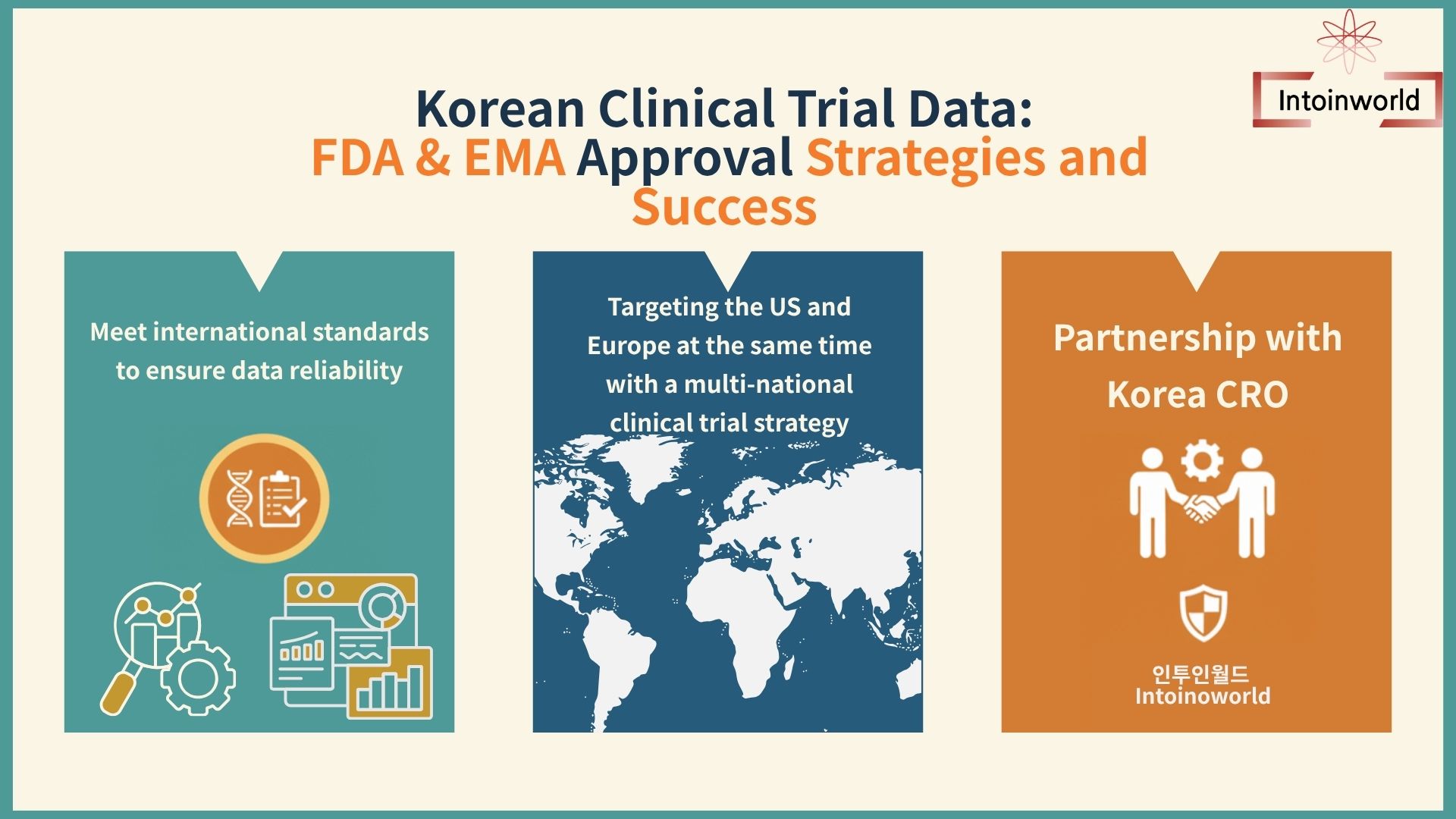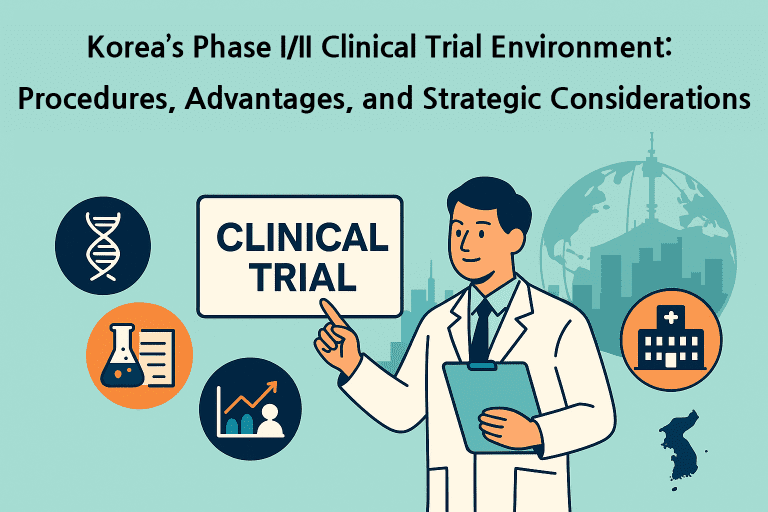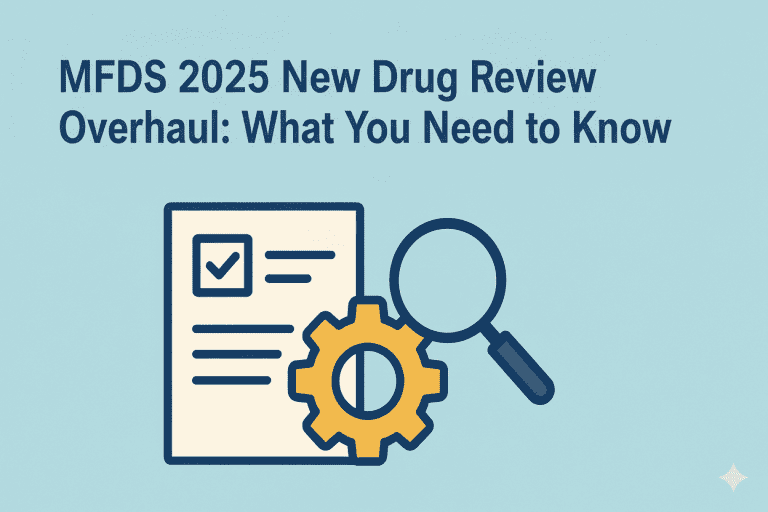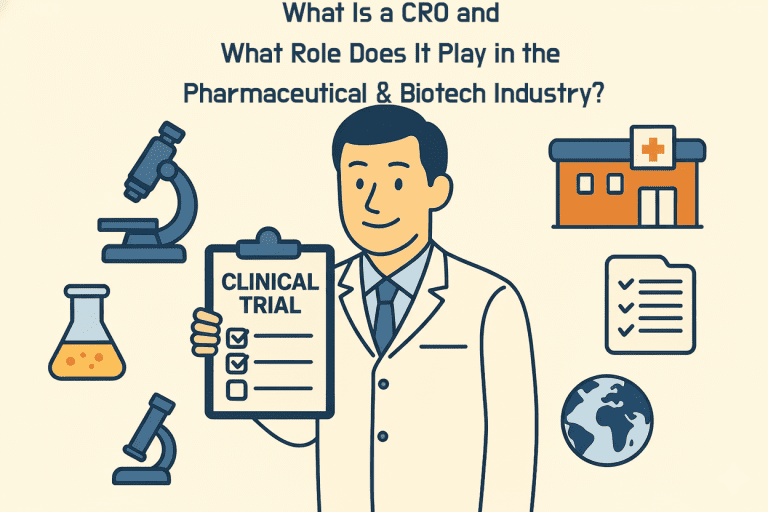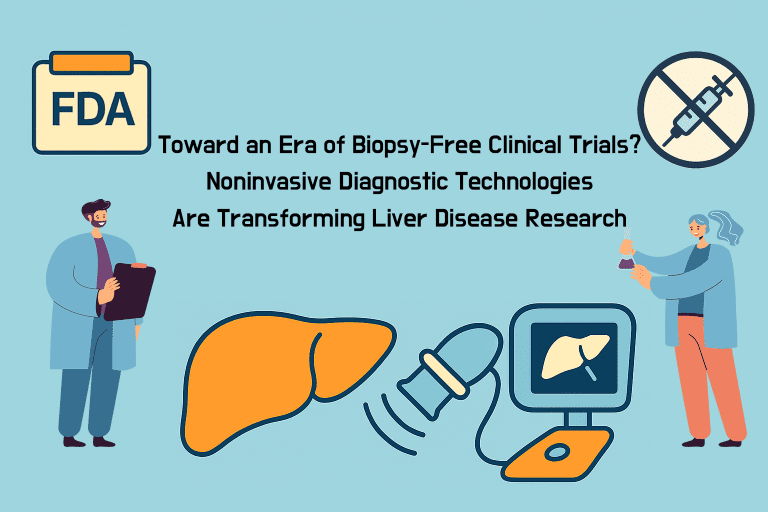Global Standing of Korean Clinical Trial Data
Korea has recently emerged as a prominent player in the global clinical trial landscape. As of 2024, sponsor-led clinical trials conducted in Korea accounted for about 3.46% of all clinical trials worldwide, ranking the country 6th globally after the US, China, Australia, Spain, and Germany. Notably, Seoul held the top position among cities worldwide for the number of clinical trials conducted from 2017 through 2023. These statistics reflect the global utility and credibility of clinical trial data generated in Korea. In fact, an increasing number of new drug applications to the U.S. FDA and European EMA now include data from Korean clinical trials, underscoring international confidence in Korea’s data quality and regulatory compliance. Intoinworld has been sharing insights into Korea’s clinical trial environment, regulatory standards, and success cases through its dedicated information portal, helping domestic and international pharmaceutical and biotech companies craft their global development strategies.
In this article, we examine why clinical trial data from Korea is recognized by the FDA and EMA and outline effective strategies to leverage this data for global approval. We also analyze real-world FDA/EMA approval success stories to identify key success factors, and review the role and importance of Korean CROs in global drug development. Ultimately, we offer insights into how overseas pharmaceutical companies can efficiently utilize Korean clinical trial data to achieve FDA approval and EMA authorization.
Why Korean Clinical Trial Data is Recognized Internationally
Strict Adherence to ICH-GCP Standards:
Korea became a full member of the International Council for Harmonisation (ICH) in 2016, becoming the world’s sixth advanced regulatory authority. Since then, all clinical trials in Korea strictly follow the internationally accepted ICH-GCP (Good Clinical Practice) guidelines. Korea’s ICH membership signifies that its drug approval and review system meets the high standards of the US, EU, and other advanced regulators. This alignment can translate into certain regulatory requirements being waived or streamlined when seeking approvals abroad. In practice, both the FDA and EMA officially acknowledge overseas clinical data generated under ICH-GCP. Many global new drug approvals include Korean clinical trial data as part of their submissions. In other words, data produced in Korea in compliance with ICH-GCP is regarded as “FDA-recognized data” in the U.S. and Europe, meaning it can be directly used in their regulatory reviews.
MFDS’s International Collaboration & Multinational Trial Participation:
The Korean Ministry of Food and Drug Safety (MFDS) has established cooperative review frameworks with foreign regulators like the FDA and EMA. Korea actively participates in sponsor-driven multinational clinical trials (MRCTs) led by global pharmaceutical companies, and the data produced from Korean sites are increasingly included in U.S. New Drug Application (NDA) or Biologics License Application (BLA) filings and European approval packages. For example, Korea’s Celltrion developed the biosimilar CT-P13 (infliximab biosimilar, brand name Remsima) through a multinational trial, leading to EMA’s first-ever approval of a monoclonal antibody biosimilar in 2013. That trial spanned 20 countries and 115 sites with 874 patients, and it included data from Korean participants. Such international joint trials and inter-agency collaborations have cemented the credibility and utility of Korean clinical data on the global stage.
High Data Quality and Robust Infrastructure:
Clinical trials in Korea are primarily conducted at large, high-caliber hospitals, supported by widespread use of electronic medical records (EMR) and excellent patient compliance. Under rigorous monitoring and quality control, Korean trial data achieves a level of reliability that makes it applicable well beyond local use – it boasts the consistency and integrity needed for global submissions. Moreover, Korea has a high trial participation rate relative to its population and offers a diverse patient pool across numerous therapeutic areas, which helps ensure strong statistical power and representativeness of the data. This well-established clinical research infrastructure in Korea provides a solid foundation that enables data from Korean trials to serve as pivotal evidence in global approvals.
Leveraging Korean Data for Global Approvals: Strategies and Benefits
One Trial for Multiple Markets:
A clinical trial conducted in Korea can efficiently aim for both domestic approval and simultaneous global submissions. In other words, the results of a single well-designed Korean trial can be used not only for Korea’s MFDS new drug approval but also for a U.S. FDA New Drug Application (NDA) and a European EMA Marketing Authorization Application (MAA). U.S. federal law (21 CFR 312.120) explicitly states that a foreign clinical study can be accepted in an FDA review if it adheres to GCP, with proper Institutional Review Board (IRB) approval, informed consent, qualified investigators, and data integrity measures. Therefore, data generated in Korea under ICH-GCP has the legal standing to support a U.S. Investigational New Drug (IND) or NDA review without requiring a redundant local trial. Europe similarly assesses foreign data per ICH guidelines (such as ICH E5 on ethnic factor considerations) and often accepts Korean clinical data with minimal additional documentation or bridging studies. In sum, a well-planned single trial in Korea can be leveraged to pursue approvals in multiple markets concurrently.
Applying ICH E17 for Multi-Regional Development:
For sponsors aiming for global simultaneous development, the ICH E17 guideline (issued in 2017) on planning multi-regional confirmatory trials offers significant advantages. ICH E17 provides design principles for conducting a single protocol trial across multiple regions, so that one set of confirmatory trial results can be accepted as primary evidence by regulatory agencies worldwide. For instance, by thoughtfully planning patient allocation, quality control, and subgroup analyses from the outset, a sponsor can increase the likelihood that one trial’s data will support new drug approvals in the US, EU, Japan, and beyond at the same time. Korea has positioned itself as a key hub in Asia under the ICH E17 framework. By including an appropriate proportion of Korean patients and ensuring data distribution across regions early in development, sponsors can maximize the chances of concurrent submissions in the U.S., Europe, and Korea. Incorporating Korea into an internationally compliant multinational clinical trial (MRCT) strategy is essentially a shortcut to obtaining the FDA/EMA-required data while saving time and cost.
Lessons from Real Approval Cases:
Actual global approval cases that leveraged Korean clinical data demonstrate the effectiveness of these strategies. For example, SK Biopharm advanced its anti-epileptic drug cenobamate (brand name XCOPRI) from early development in Korea to Phase 3 trials in the US and Europe, ultimately obtaining FDA approval. This marked the first time a Korean pharmaceutical company independently carried a compound from discovery through clinical development and achieved FDA approval, showcasing the world-class caliber of Korea’s clinical development capabilities. Another example is Yuhan Corporation’s non-small cell lung cancer drug Leclaza (lazertinib), which in 2024 became the first Korean-developed anticancer therapy to receive FDA approval, attracting global industry attention. Developed in Korea and later co-developed globally through a partnership with Janssen, Leclaza’s success underscores both the value of robust Korean clinical data and the importance of open innovation. These success stories all share common threads: solid data gathered from Korean trials, study conduct that met international standards, and the integration of global regulatory strategy from early stages. Together, these factors enabled Korean trial data to seamlessly contribute to FDA and EMA approvals.
Role and Expertise of Korean CRO
Korean clinical trial data holds strategic value in meeting both domestic review and global approval requirements. However, realizing this value in practice requires a deep understanding of international guidelines (ICH-GCP, E5, E17, etc.) as well as the specific demands of regulators like the FDA, EMA, and Korea’s MFDS – and designing and conducting trials accordingly. This is where a specialized partner, the Contract Research Organization (CRO), becomes essential. A CRO with extensive global clinical experience can coordinate complex multinational trial projects and ensure compliance with each country’s regulations, so that data generated in Korea won’t be rejected and will be accepted during foreign reviews.
For example, Intoinworld, a leading Korea CRO, leverages over 10 years of clinical trial operations experience and a strong local medical network to ensure trial procedures and data quality to the highest standards. By embedding FDA and EMA requirements into the protocol design stage, overseeing rigorous trial monitoring and data management, and preparing regulatory documentation for both domestic and overseas submissions, the CRO’s expertise enables even complex multi-country trials to proceed efficiently. In the end, this allows the drug sponsor to focus on core R&D while maximizing the likelihood of global approval – a feat made possible through partnership with a reliable CRO.
For overseas pharmaceutical companies looking to leverage Korea’s advanced clinical trial infrastructure and high-quality data to achieve approvals from the FDA and EMA, support from an experienced local partner is invaluable. Intoinworld is a Korean CRO that has successfully led numerous domestic and multinational trials, providing end-to-end services from global development strategy and trial execution to regulatory submission support. If you have further questions about conducting clinical trials in Korea or the global approval process, or if you are interested in collaboration, please reach out via the inquiry form on Intoinworld’s official website. Our seasoned team will respond quickly with deep insights to support your company’s global development goals.
Frequently Asked Questions (FAQ)
Q1. Can clinical trial data from studies conducted in Korea be used for U.S. FDA and European EMA approvals?
A. Yes, it is possible. As an ICH member country, Korea conducts clinical trials in accordance with international standards (GCP), and the FDA and EMA officially recognize foreign data that adheres to ICH-GCP guidelines. In practice, if data from a Korean trial is properly formatted and submitted, it can be utilized in new drug approval applications in the US and Europe. In fact, numerous multinational trials have included Korean patient data and gone on to secure FDA/EMA approvals (for example, Celltrion’s biosimilar Remsima was approved by the EMA). Of course, the data must meet each regulator’s requirements (ethical standards, appropriate trial design, etc.), and additional supportive studies or documents may be required in some cases.
Q2. What are the criteria for FDA and EMA to accept overseas clinical trial data?
A. The fundamental prerequisite is adherence to ICH-GCP. For the FDA, per 21 CFR 312.120, even if a trial is conducted outside the US, the data will be accepted as long as it follows GCP principles and meets conditions such as IRB approval, informed consent, qualified investigators, and data integrity. The EMA likewise uses the ICH E5 guideline to evaluate ethnic factors in foreign patient data, and if the data is scientifically valid and robust, the EMA tends to accept it. In essence, FDA and EMA require scientific credibility and ethical integrity. If a trial is well-designed, patient rights are protected, and data quality is high, then results from overseas can be used in their reviews. On the other hand, if there are GCP violations or data integrity issues, even data from the US or Europe would struggle to gain acceptance.
Q3. What role does a Korean CRO play in global clinical trials?
A. A Korean CRO acts as a bridge to ensure that clinical trials conducted in Korea can achieve global approval. First, when planning a local trial, the CRO incorporates FDA/EMA guidelines and the latest regulatory trends to boost the chances that the data will be internationally acceptable. During multinational trials, the CRO coordinates communication with various country stakeholders, oversees trial monitoring, data management, and prepares regulatory documents, handling all operational aspects. For example, a CRO will adapt an English-language protocol to Korean medical practice while making sure the resulting data is compiled back into the global format. Through strong quality assurance, the CRO also ensures that data generated in Korea meets international standards, making it submission-ready for FDA/EMA. In short, a Korean CRO combines local expertise with global standards, serving as a key partner to help the sponsor’s clinical trial lead to successful multi-region approvals.

